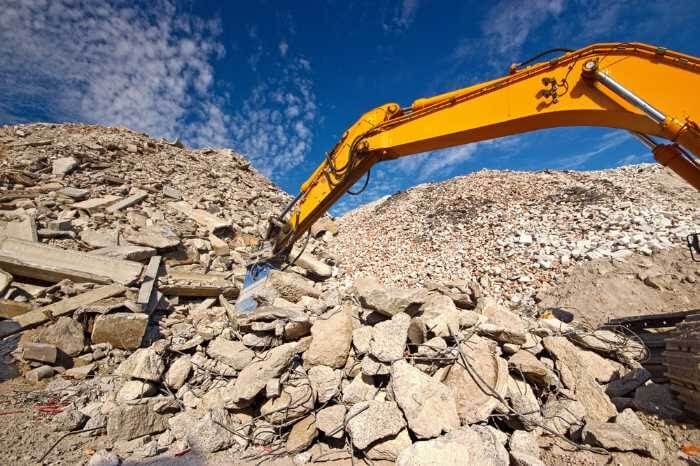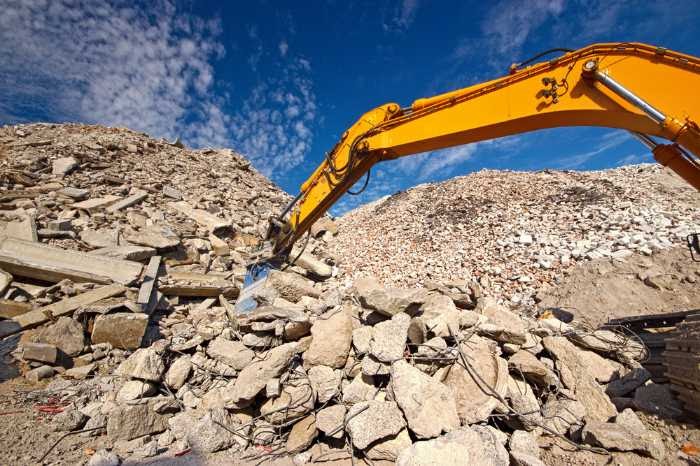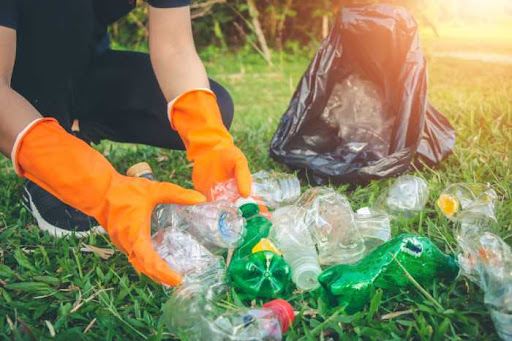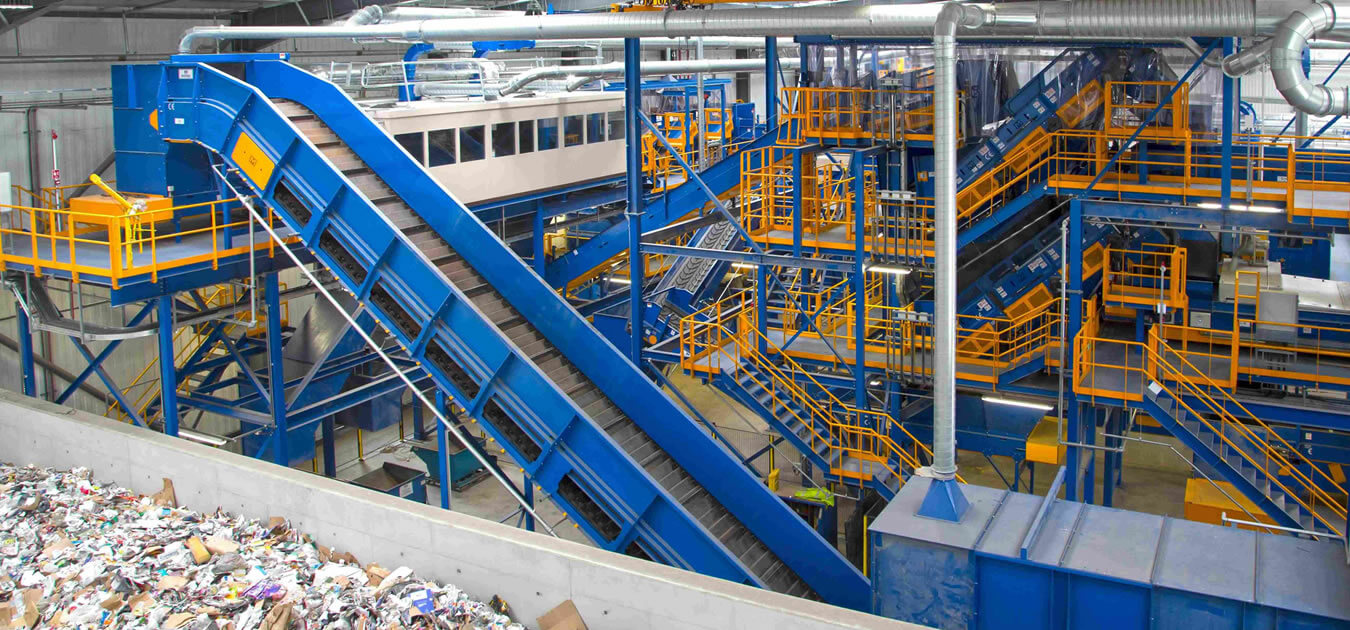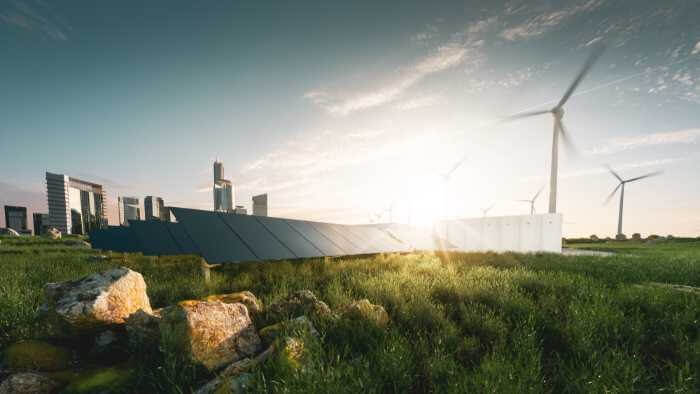To get rid of your waste in an environmentally responsible way, there are a few tips you need to know about:
1) Know the Rules Before You Haul: One of the most common mistakes made when it comes to construction waste disposal is making assumptions based on what other people do. For example, some people assume that they can take their dumpster trash anywhere they want but this isn’t true for all areas.
You might live in a rural area where that is okay but it might be against the law for construction debris in an urban neighborhood. Also, it may be against the rules to dump your waste down a storm drain or into a river and getting caught doing this could mean steep fines.
2) Take Care of Water Runoff Properly: Another common mistake is to put things like oil from machinery onto the ground because you don’t know how to dispose of it properly.
Not only does this make the land unusable for future projects but if left untreated, runoff from oil & chemicals can make its way into lakes and streams which will damage wildlife as well as drinking water supplies for humans.
3) Know When To Hire A Dumpster: There are times when you simply don’t have enough room in your truck to haul all of the waste from a construction project. In this case, you should consider renting one or more dumpsters for your site. This will help keep your mess under control and give you extra time to get rid of it properly too.
4) Follow Regulations: In most places, there are regulations that dictate how often trucks can come onto a construction site and how long they can stay. Be sure to check these regulations before allowing any company access to your site so you know exactly what is going on at all times.
5) Deconstruction instead of demolition: This is a good way to recycle and preserve all of the materials you need for future projects. By deconstruction, we mean carefully removing the items you need and disposing of all other waste materials properly.
You can usually find recycling companies online that will be happy to tell you where everything goes, what is truly recyclable vs. hazardous, and how much it should cost to have them come by and get rid of everything for you.
6) Take Care of Spills: Finally, if there are spills on your site, deal with them immediately before they make their way into water supplies or otherwise cause damage. Even non-hazardous liquids like paint can contaminate soil if left untreated so follow the above tips to ensure your construction waste disposal is done right.
Construction waste disposal isn’t something you can ignore and it isn’t something that will go away by itself. Make sure you take the time to learn all of the rules for your area as well as how much it should cost so you can properly budget for this expense. Doing so will make your building project a lot easier and more organized.


